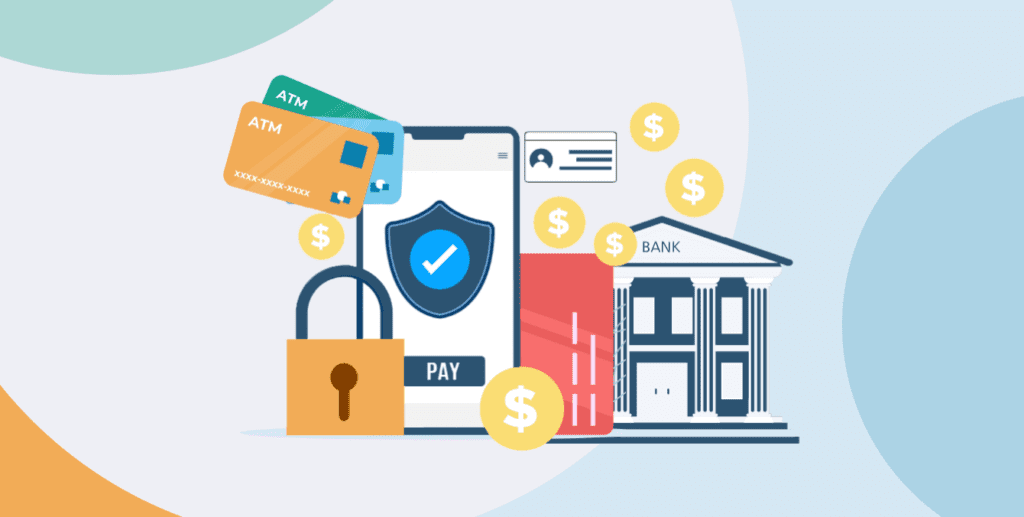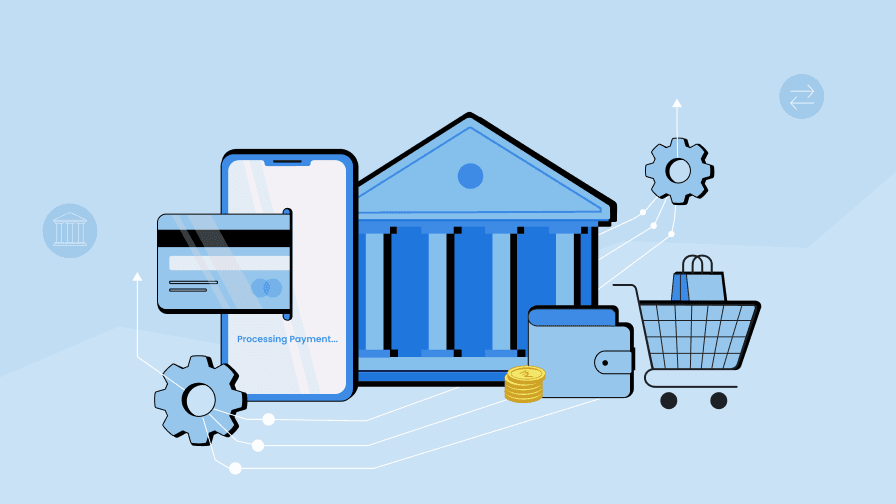AUTHOR : ISTELLA ISSO
DATE : 16/12/2023
The fuel retail industry in India has undergone a significant transformation with the advent of digital payment solutions. In this article, we’ll explore the evolution of payment gatewayfor fuel pumps in India, addressing the unique challenges faced by the industry and the benefits of embracing digital transactions.
Introduction
In recent years, the payment landscape in India has seen a rapid shift towards digital transactions. This shift is particularly evident in the fuel retail sector, where payment gateway play a crucial role in facilitating secure and efficient transactions.

Challenges in Traditional Payment Methods
Traditionally, fuel pumps in India heavily relied on cash transactions, leading to several challenges. Manual record-keeping was time-consuming, and security concerns were prevalent. The need for a more streamlined and secure payment methodbecame evident.
Emergence of Digital Payment Solutions
With the evolution of payment technology, digital payments gained widespread acceptance in India. The government’s push towards a cashless economy further accelerated the adoption of digital payment solutions across various sectors, including fuel retail.
Need for Specialized Payment Solutions for Fuel Pumps
Fuel pump transactions come with unique requirements, demanding specialized payment solutions. Safety and efficiency are paramount, making it crucial for fuel pump businesses to adopt payment gateways tailored to their specific needs.
Benefits of Using Payment Gateways for Fuel Pumps
The advantages of incorporating payment gateway at fuel pumps are manifold. The speed and convenience of digital transactions, enhanced security measures, and digital record-keeping contribute to a more efficient and customer-friendly experience.
Popular Payment Gateway Options
Several payment[1] gateways cater to the diverse needs of fuel pump businesses. These gateways offer features such as quick transactions, real-time reporting, and integration with existing fuel management systems.

Integration Process for Fuel Pump Businesses
Integrating a payment gateway into a fuel pump business[2] involves several steps. From selecting a suitable gateway to addressing technical considerations, a seamless integration process ensures a smooth transition to digital transactions.
Regulatory Compliance
Fuel pump businesses must adhere to regulatory requirements related to digital transactions[3]. Compliance with industry standards ensures the legality and security of transactions, safeguarding both businesses and customers.
Cost Considerations
While the benefits of payment gateway are evident, fuel pump owners must consider the associated costs[4]. A thorough analysis of fees and charges helps businesses choose cost-effective solutions without compromising on functionality.
Customer Trust and Confidence
Building trust in digital transactions is essential. Secure payment gateways, coupled with transparent communication and customer feedback, contribute to fostering trust and confidence among fuel pump customers.
Case Studies
Examining successful case studies where payment gateway were seamlessly integrated into fuel pump operations provides valuable insights. These stories highlight the positive impact on efficiency, customer satisfaction, and overall business success.

Future Trends in Payment Solutions for Fuel Pumps
The future of payment solutions for fuel pumps is marked by ongoing technological advancements. Predictions include enhanced mobile payment options, IoT integration, and further innovations to meet evolving customer expectations.
Security Measures for Fuel Pump Transactions
Ensuring the security of fuel pump transactions involves robust encryption[5], data protection, and fraud prevention strategies. Implementing these measures safeguards both businesses and customers from potential threats.
Educational Initiatives for Fuel Pump Owners
To encourage the widespread adoption of payment gateway, educational initiatives play a crucial role. Training programs and awareness campaigns help fuel pump owners understand the benefits and proper use of digital payment solutions.
Conclusion
In conclusion, the integration of payment gateways into fuel pump operations offers numerous benefits. From increased efficiency and security to customer trust and future-ready technology, the advantages are evident. Fuel pump businesses are encouraged to embrace digital transactions for a seamless and progressive future.
FAQs
- What are the key advantages of using payment gateways at fuel pumps?
- Payment gateways offer speed, convenience, and enhanced security, contributing to a more efficient customer experience.
- How can fuel pump businesses ensure regulatory compliance in digital transactions?
- Fuel pump owners should stay informed about industry regulations and work with payment gateways that prioritize compliance.
- Are there cost-effective payment gateway options for small fuel pump businesses?
- Yes, there are payment gateways with competitive pricing, catering to the needs of small and medium-sized fuel pump businesses.
- What future trends can we expect in payment solutions for fuel pumps?
- Future trends include advancements in mobile payments, IoT integration, and ongoing innovations to meet evolving customer expectations.
- How can fuel pump owners build trust in digital transactions?
- Building trust involves implementing secure payment gateways, transparent communication, and actively seeking and addressing customer feedback.

